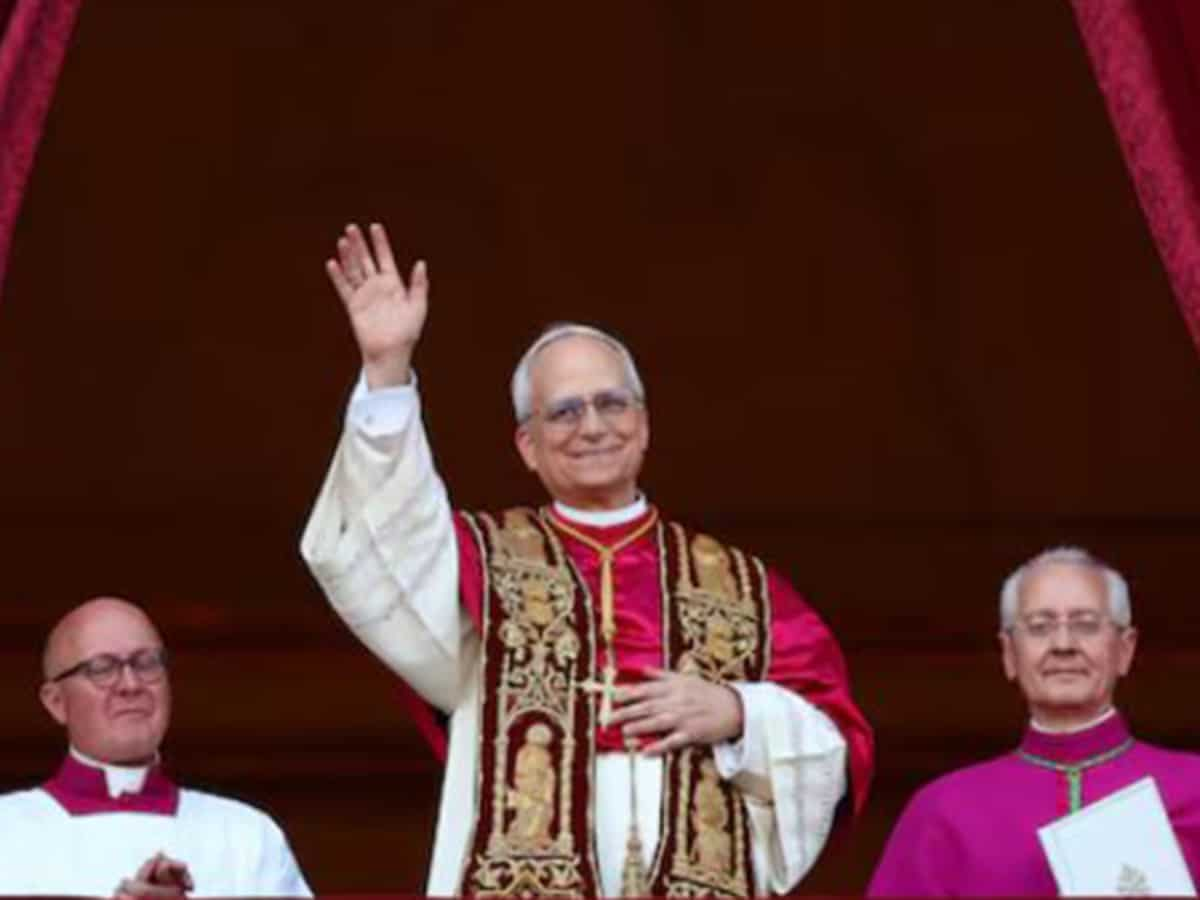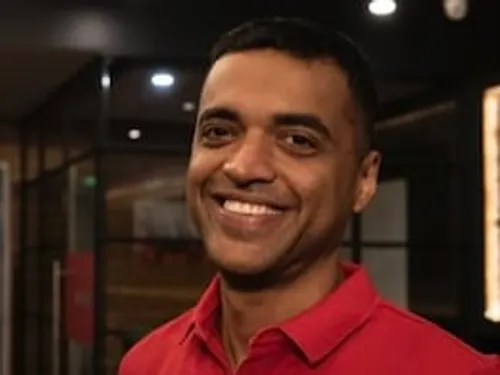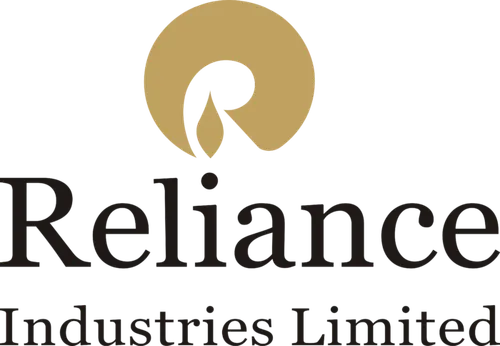One of the first challenges facing Pope Leo XIV as the head of the Roman Catholic Church might not be spiritual—but financial. As an American citizen, the Chicago-born pontiff could be required to file a U.S. tax return and potentially pay taxes on his global income, including his Vatican salary, according to financial experts.
Pope Leo XIV, formerly Cardinal Robert Prevost, became the first American elected to the papacy. Under U.S. tax law, citizenship comes with global tax obligations, even for individuals living abroad. That means unless he renounces his citizenship or receives an official exemption, Leo XIV is legally bound to report his income to the Internal Revenue Service (IRS).
“He’s unlikely to be exempt,” said Timothy Fogarty, a professor of accounting at Case Western Reserve University. “U.S. tax law claims the right to tax all citizens on their worldwide income. There is no blanket exception for religious personnel nor for people who are diplomats or heads of state for foreign countries such as the Vatican.”
The pope is entitled to a salary of 30,000 euros per month—approximately $33,000—bringing his annual income to around $396,000. Based on current U.S. tax rules, his estimated federal tax liability could reach $135,287, according to Washington-based accountant Hector Castaneda. That figure includes both income and self-employment taxes, which clergy are typically responsible for.
While the U.S. Treasury Department has not confirmed whether a tax exemption might apply in this unique case, historical precedent and current law suggest the IRS would still expect compliance. A spokesperson for the IRS told Fortune that federal employees are prohibited from disclosing details about individual tax returns.
Leo XIV may be able to claim some deductions to reduce his tax bill. Linda Jensen, founder of Heart Financial Group, noted that he could qualify for the standard deduction of $14,600 and possibly a housing deduction, depending on whether he receives an allowance or resides in official Vatican housing.
Additionally, if he had previously claimed a religious exemption to Social Security and Medicare taxes—something permitted for clergy with conscientious objections—he might avoid those charges.
However, many typical deductions for Americans living overseas won’t apply. For example, the foreign earned income exclusion, which allows taxpayers to exclude up to $130,000 in foreign income, specifically does not cover wages from a foreign government—such as the Holy See.
Beyond income taxes, Pope Leo XIV may also face significant reporting requirements under the Foreign Account Tax Compliance Act (FATCA). Because he now oversees the Vatican’s financial accounts, which reportedly held $6.1 billion as of 2023, he could be responsible for filing detailed forms with the IRS and Treasury Department. These include Form 8938 and the Foreign Bank Account Report (FBAR) if he has authority over accounts exceeding $10,000.
“As a U.S. citizen abroad with significant foreign ties, he has complex reporting obligations,” said Jensen. “Even the Pope might need a great CPA.”
While Leo XIV previously served in Peru for nearly a decade, the new scope of his position as pope—and the accompanying salary and access to vast financial institutions—could create new layers of complexity in his compliance with U.S. tax law.
Whether the U.S. government ultimately requires the pontiff to file and pay remains to be seen. But unless special accommodations are made, America’s first pope may find himself navigating not just the spiritual affairs of the Catholic Church, but also the intricate rules of the IRS.
Anurag Dhole is a seasoned journalist and content writer with a passion for delivering timely, accurate, and engaging stories. With over 8 years of experience in digital media, she covers a wide range of topics—from breaking news and politics to business insights and cultural trends. Jane's writing style blends clarity with depth, aiming to inform and inspire readers in a fast-paced media landscape. When she’s not chasing stories, she’s likely reading investigative features or exploring local cafés for her next writing spot.






